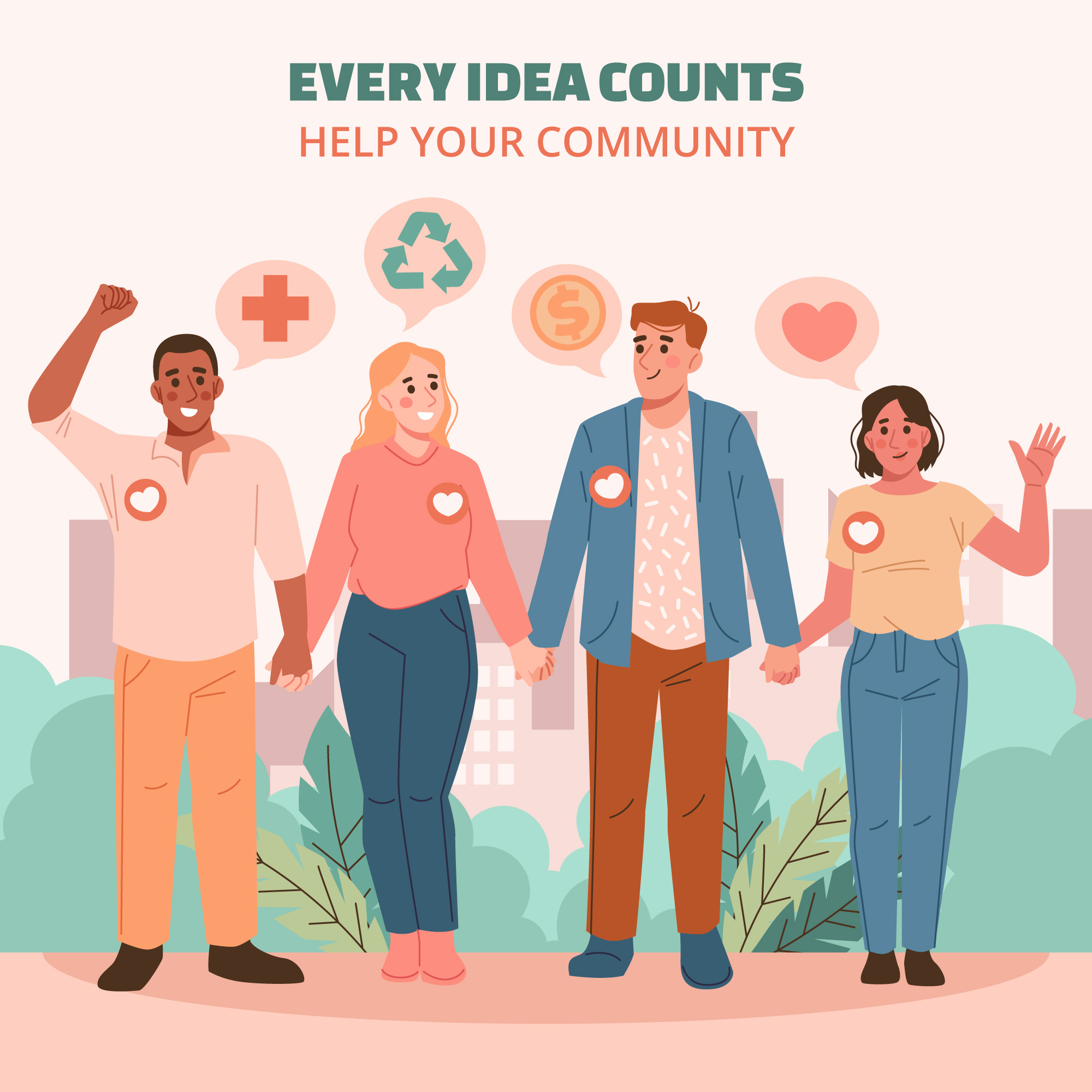
Philanthropy isn’t just about charity work or donating money to causes; it can also play a crucial role in your professional development. Many successful individuals and organizations incorporate philanthropic efforts into their professional journeys. By giving back to society, you not only make a meaningful impact on others but also develop valuable skills that can enhance your career. Here’s how you can integrate philanthropy into your professional development plan.
Understanding the Value of Philanthropy in Professional Development
Incorporating philanthropy into your professional development plan starts with understanding its importance. Philanthropy has long been a cornerstone of many successful companies and individuals. Engaging in charitable activities or supporting nonprofit organizations can help you develop critical soft skills, such as leadership, empathy, and communication. These qualities are crucial in any professional environment and can differentiate you from others in your field.
By making philanthropy a part of your professional growth, you also strengthen your brand. Individuals who are seen as compassionate and community-focused are more likely to gain respect and build strong, lasting relationships with peers, mentors, and clients. Moreover, employers and clients are increasingly looking for professionals who contribute positively to society, as this reflects their character and long-term vision.
Aligning Philanthropy with Your Career Goals
When planning your professional development, it’s essential to align your philanthropic activities with your career goals. The key to making philanthropy work for your professional growth is to choose causes or organizations that resonate with your values or align with your professional industry. For instance, if you work in the healthcare sector, volunteering for health-focused nonprofits or organizations could provide you with industry insights and networking opportunities. Similarly, if you’re in technology, mentoring or supporting initiatives that promote STEM education for underserved communities might be beneficial.
When your philanthropic work complements your professional interests, you gain more than just the satisfaction of giving back. You develop expertise in areas that can directly influence your work and career trajectory. It can also open doors for partnerships, collaborations, and even job opportunities that might not have been available otherwise.
Building Leadership Skills Through Volunteering
One of the most valuable aspects of philanthropy is the opportunity it provides to develop leadership skills. Volunteering in leadership roles, such as organizing events or managing teams for a cause, can enhance your ability to lead in your professional career. These experiences teach you how to motivate others, manage resources, and adapt to changing circumstances, all of which are vital in any leadership role.
By taking on leadership positions within charitable organizations, you gain practical experience that you can apply in your job. Whether it’s coordinating a charity event, leading a nonprofit board, or spearheading a community outreach program, these activities help you refine your ability to communicate effectively, make decisions, and manage challenges—all essential skills for career advancement.
Networking and Building Relationships Through Philanthropy
Philanthropy also offers excellent networking opportunities that can enhance your professional development. Volunteering or participating in community service allows you to meet new people who share similar values and interests. These connections can lead to valuable professional relationships. Engaging in philanthropic efforts often involves working alongside individuals from diverse backgrounds, which provides exposure to different perspectives and can help broaden your understanding of various industries and sectors.
Moreover, many high-profile professionals and executives engage in philanthropy and participate in charitable initiatives, which can put you in touch with influential people in your field. Networking in these spaces can foster connections that may open doors to new business opportunities, mentorships, or collaborations.
Enhancing Emotional Intelligence and Empathy
As you incorporate philanthropy into your professional development, you inevitably improve your emotional intelligence (EQ). Volunteering and contributing to causes that impact people’s lives can deepen your empathy and understanding of others’ challenges and perspectives. This, in turn, can make you a more compassionate and effective leader.
In the workplace, emotional intelligence is crucial for effective collaboration and leadership. When you develop a stronger EQ, you improve your ability to build rapport, resolve conflicts, and motivate others. These skills are critical in leadership roles, where understanding and addressing the needs of team members and clients is key to achieving long-term success.
If you work for a company, consider how philanthropy can tie into the organization’s corporate social responsibility (CSR) initiatives. Many companies are now prioritizing corporate social responsibility (CSR) as a fundamental part of their business strategies. By participating in these initiatives, you can demonstrate your commitment to social good while contributing to your company’s overall mission.
Turning Philanthropy into a Career Strategy
Philanthropy is not just about charity; it’s a strategic tool that can enhance your professional growth. By making philanthropy a regular part of your professional development, you unlock opportunities for personal growth, skill enhancement, and career advancement. Whether through leadership roles, networking, or improving your emotional intelligence, philanthropy helps you build a well-rounded skill set that can benefit both your career and the world.
Incorporating philanthropy into your professional development plan is a long-term investment in your career and your community. It enriches your brand, builds critical skills, and creates meaningful relationships that can impact your career for years to come. As you grow professionally, the act of giving back will not only contribute to your success but will also empower you to make a lasting difference in the lives of others.